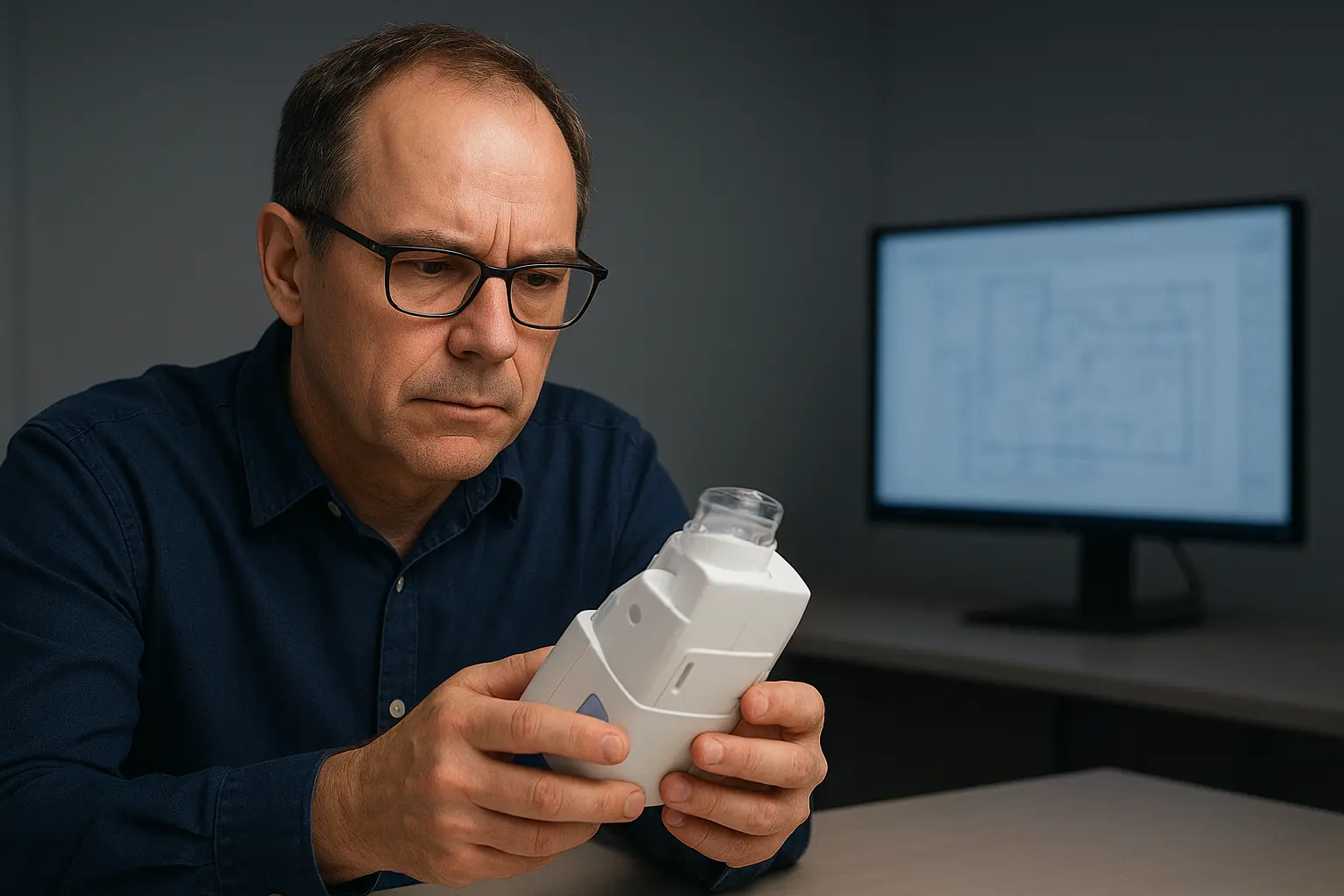

Technology is transforming the healthcare industry, from medical wearables to digital healthcare solutions. In this blog post, we’ll explore the concept of digital healthcare, the current state of healthcare technology, and future predictions for the continued integration of technology in patient care.
What is Digital Healthcare (DHC) and Why Does it Matter?
Digital healthcare refers to using technology in healthcare delivery to improve patient outcomes, increase access to care, and reduce costs. DHC encompasses a wide range of solutions, from electronic medical records (EMRs) to telemedicine, chronic care management, remote patient monitoring (RPM), Hospital Management System (HMS) and medical wearables. With the rising demand for personalized and patient-centered care, DHC solutions have become increasingly important in the healthcare industry.
The Current State of Digital Healthcare
The solutions provided by DHC offer many advantages in patient care, health monitoring, and managing hospital systems:
Medical wearables are gaining popularity among patients and healthcare providers. These devices can monitor a variety of health metrics (e.g., heart rate, blood pressure, and sleep patterns) and can be used to monitor chronic conditions and track post-surgery recovery.
Additionally, telemedicine has allowed patients in remote or underserved areas to access quality healthcare without extensive travel.
EMRs have also improved the accuracy and accessibility of patient information, reducing the risk of errors and improving patient safety.
Chronic Care Management (CCM) is one such technology that allows healthcare providers to remotely monitor patients with chronic conditions, improving patient outcomes and reducing healthcare costs.
Remote Patient Monitoring (RPM) is another technology that enables healthcare providers to monitor patients outside of traditional healthcare settings, allowing for more personalized and proactive care.
Hospital Management Systems (HMS) are also becoming increasingly popular in healthcare organizations, providing a centralized system for managing patient data, scheduling appointments, and managing healthcare resources.
These systems can improve efficiency and reduce administrative burdens, allowing healthcare providers to focus more on patient care.
Case Studies of Successful Implementations of Medical Technology in Healthcare Settings
Several successful implementations of medical technology in healthcare settings exist. For instance, telemedicine has enabled providers to reach patients in remote or underserved areas, providing them with access to quality healthcare.
Medical wearables have been used to monitor patients’ health remotely, allowing for early detection of potential health issues and improved outcomes.
EMRs have improved the accuracy and accessibility of patient information, reducing the risk of errors and improving patient safety.
Chronic Care Management software helps providers coordinate care for chronic patients, reducing complications and improving outcomes. Remote Patient Monitoring (RPM) reduces hospital readmissions and emergency department visits. HMS are being adopted by healthcare organizations. These systems integrate patient records, billing, and inventory management.

Future Predictions for the Continued Integration of Technology in Healthcare
Artificial intelligence (AI) is expected to play a significant role in developing personalized healthcare solutions. Medical wearables are also expected to become more advanced, capable of monitoring a wider range of health metrics and predicting potential health issues before they occur. Telemedicine is predicted to become more common as patients and providers recognize the benefits of remote healthcare delivery.
Chronic care management is also expected to increase integration of technology. Remote patient monitoring systems are predicted to become more sophisticated, allowing for personalized and targeted care. Hospital management systems (HMS) are also expected to become more efficient and streamlined. As technology advances, integration is expected to become more seamless, allowing for a more comprehensive approach to patient care. Healthcare providers will be able to use data from these systems to develop more personalized treatment plans and improve patient outcomes.
Revolutionizing Digital Healthcare: How Can ITR Help?
As we look to the future, it’s clear that technology will play an increasingly important role in patient care. By embracing DHC solutions and medical wearables; Healthcare providers can improve patient outcomes, increase access to care, and reduce costs.
At ITR, we recognize the importance of staying at the forefront of medical technology. Our state-of-the-art hardware designs, embedded development, computing cloud, and AI solutions provide the perfect tools to help your business pursue the future of Digital Healthcare.
Synthesize information by Long Le





